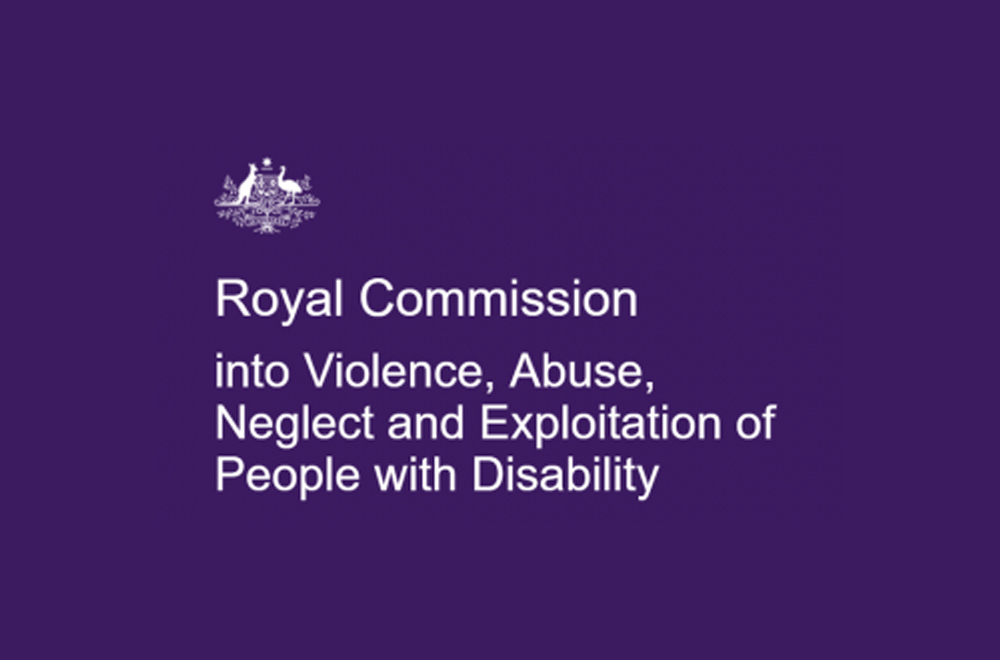The largest investigation into the lives of people with disability was tabled in Federal Parliament with 222 recommendations for change with government announcing it will establish a Commonwealth Taskforce to coordinate its response to the report around health, education, housing and employment recommendations.
Former Disability Discrimination Commissioner Graeme Innes said while it is a good road map for taking issues forward, implementation will not only require the co-operation of federal and state government departments but also the community, to adopt a different view in regard to people with disabilities.
“This is a broad ranging inquiry, and the recommendations are detailed and lengthy and clearly it ranges across a number of areas, but it will need programs to address this,” he told F2L. “The community has to stop making negative decisions on people on the basis of disability and start recognising that what limits people with disabilities are the barriers from communities and society.
“I know some people are unhappy about the timelines, but these things take a while to change, however we now have a set of independent recommendations to government as to how it should change them.
“The commission has asked that the Government Taskforce to set out in more detail to respond by March 2024 and it will need to involve people with disability, however it is not clear to me how that is going to happen. I think it is a positive result, but it is only the beginning of a journey towards inclusion and acceptance through every part of society,” he said.
Asked about the recommended phasing out of special schools, Innes said the problem with segregated schools is that the educational outcomes from them are poorer for people with disability and the life outcomes for people with disability are poorer, “and that is why we have to close them.”
When the commission started there were concerns about the membership of the commission and the lack of people with lived experience of disability. “Two of the people who supported closing segregated environments had a lived experience while the third was a family member of a person with disability, which to me gives their recommendations far more weight than other commissioners who were not able to make that recommendation.
He said while funding will be a big issue, the major issue will be that the change is not just from members of the community but from departments and the way these are implemented in state and territory governments. “If that does not change then we will not achieve any real progress in this area.”

